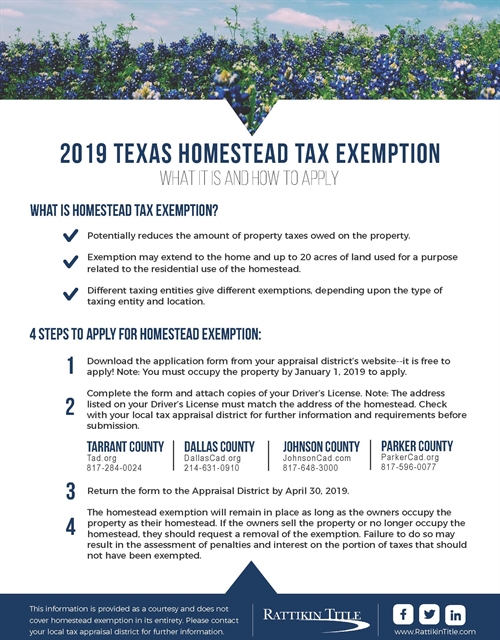

The federal banking agencies implemented the rural residential property appraisal exemption by simply referencing the statutory exemption added to FIRREA by the Growth Act. A copy of the concurrence letter from the CFPB was released along with the final rule. As required by FIRREA to increase the threshold to $400,000, the federal banking agencies (1) determined that increasing the appraisal threshold for residential real estate will not threaten the safety and soundness of financial institutions, and (2) received concurrence from the CFPB that such threshold level provides reasonable protection for consumers who purchase 1-to-4 unit single-family residences.

The $250,000 appraisal threshold was set in 1994. The exemption based on a transaction value of $400,000 or less is available for residential real estate transactions, which is defined as a real estate-related financial transaction that is secured by a single 1-to-4 family residential property. The exemptions relate to the requirement under the Financial Institutions Reform, Recovery, and Enforcement Act of 1989 (FIRREA) for appraisals in connection with federal related transactions, which basically are real estate-related financial transactions for which the federal regulator of a financial institution requires the services of an appraiser. The federal banking agencies recently released a final rule to adopt the exemptions. As we previously reported, last November the FDIC, Federal Reserve Board and Comptroller of the Currency (the federal banking agencies) proposed a rule to implement a rural residential property appraisal exemption under the Economic Growth, Regulatory Relief, and Consumer Protection Act (the Growth Act) and also increase the appraisal exemption based on transaction value from $250,000 to $400,000.


 0 kommentar(er)
0 kommentar(er)
